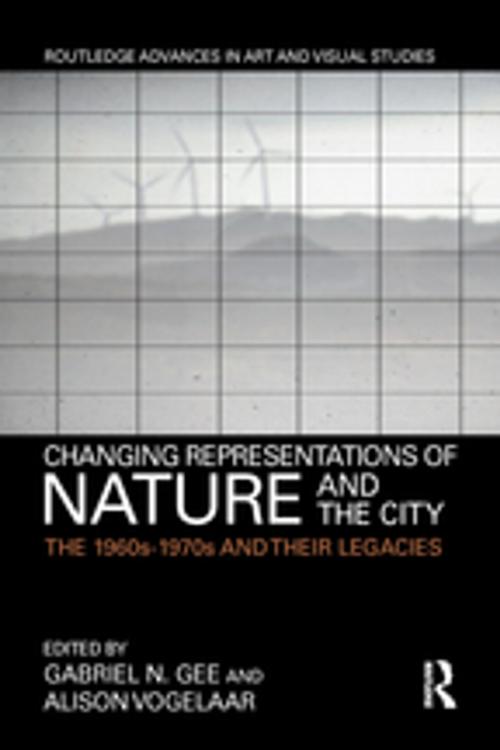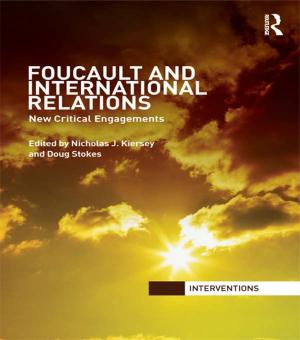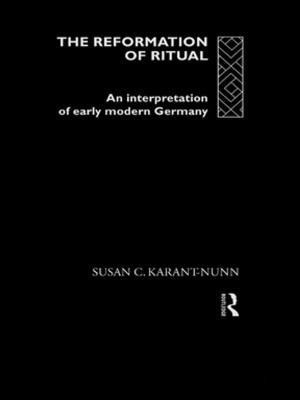Changing Representations of Nature and the City
The 1960s-1970s and their Legacies
Nonfiction, Science & Nature, Nature, Environment, Ecology, Art & Architecture, General Art, Art History| Author: | ISBN: | 9781134968404 | |
| Publisher: | Taylor and Francis | Publication: | July 4, 2018 |
| Imprint: | Routledge | Language: | English |
| Author: | |
| ISBN: | 9781134968404 |
| Publisher: | Taylor and Francis |
| Publication: | July 4, 2018 |
| Imprint: | Routledge |
| Language: | English |
The turn of the 1960s-70s, characterized by the rapid acceleration of globalization, prompted a radical transformation in the perception of urban and natural environments. The urban revolution and related prospect of the total urbanisation of the planet, in concert with rapid population growth and resource exploitation, instigated a surge in environmental awareness and activism. One implication of this moment is a growing recognition of the integration and interconnection of natural and urban entities. The present collection is an interdisciplinary inquiry into the changing modes of representation of nature in the city beginning from the turn of the 1960s/70s. Bringing together a number of different disciplinary approaches, including architectural studies and aesthetics, heritage studies and economics, environmental science and communication, the collection reflects upon the changing perception of socio-natures in the context of increasing urban expansion and global interconnectedness as they are/were manifest in specific representations. Using cases studies from around the globe, the collection offers a historical and theoretical understanding of a paradigmatic shift whose material and symbolic legacies are still accompanying us in the early 21st century.
The turn of the 1960s-70s, characterized by the rapid acceleration of globalization, prompted a radical transformation in the perception of urban and natural environments. The urban revolution and related prospect of the total urbanisation of the planet, in concert with rapid population growth and resource exploitation, instigated a surge in environmental awareness and activism. One implication of this moment is a growing recognition of the integration and interconnection of natural and urban entities. The present collection is an interdisciplinary inquiry into the changing modes of representation of nature in the city beginning from the turn of the 1960s/70s. Bringing together a number of different disciplinary approaches, including architectural studies and aesthetics, heritage studies and economics, environmental science and communication, the collection reflects upon the changing perception of socio-natures in the context of increasing urban expansion and global interconnectedness as they are/were manifest in specific representations. Using cases studies from around the globe, the collection offers a historical and theoretical understanding of a paradigmatic shift whose material and symbolic legacies are still accompanying us in the early 21st century.















